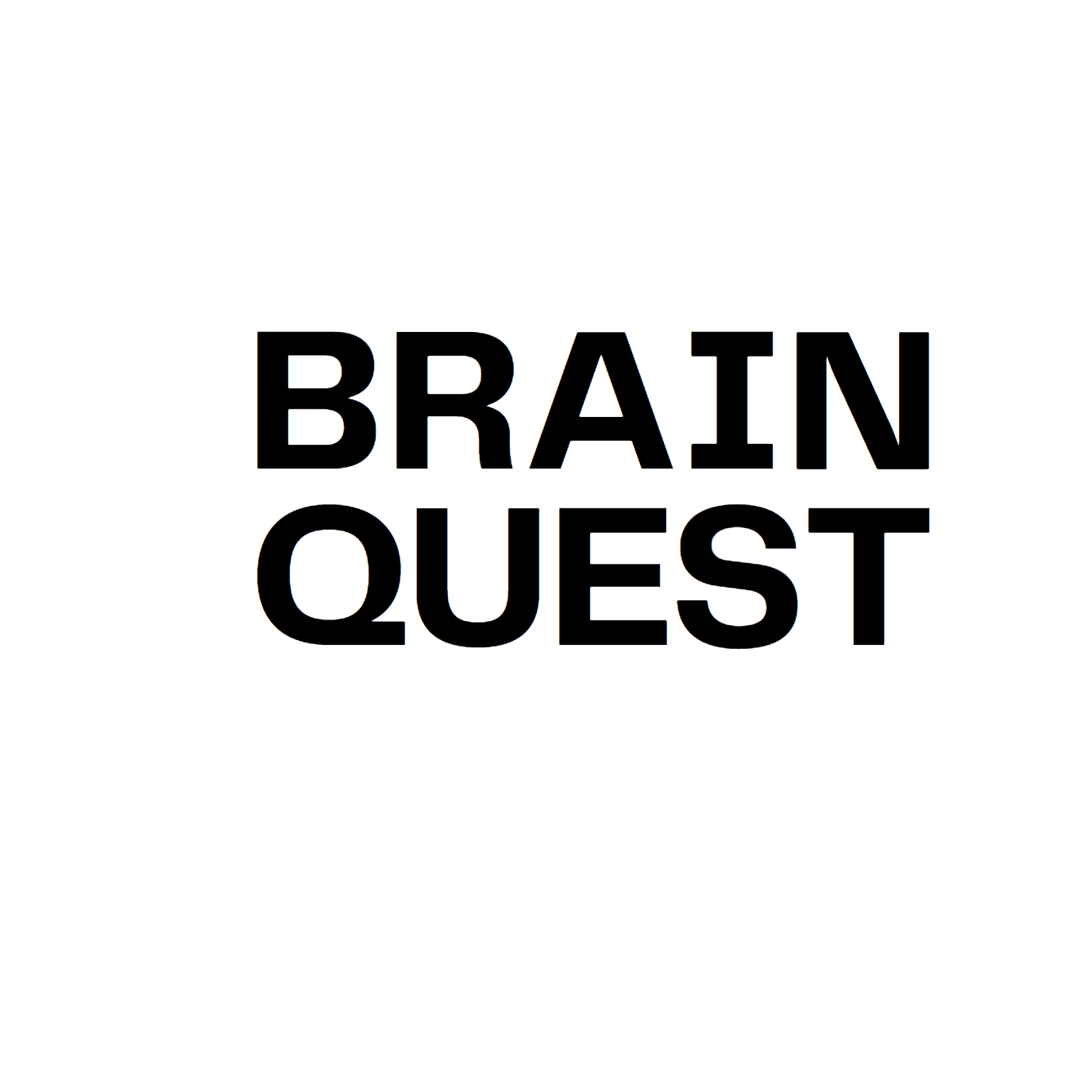
Complete Blood Count
A test that evaluates the count of red blood cells, white blood cells, and platelets in blood. It helps diagnose various medical conditions.
The Complete Blood Count is a widely used test that offers vital details about blood components. It assesses key elements, including red blood cells, white blood cells, and platelets. Below are the primary components analyzed in a CBC:
Red Blood Cell Count (RBC)
Determines the number of red blood cells in a specific blood volume.
Helps evaluate oxygen transport and detect conditions like anemia or polycythemia.Hemoglobin (Hb)
Measures the oxygen-carrying protein in red blood cells.
Low levels suggest anemia, while high levels may indicate dehydration or polycythemia.Hematocrit (Hct)
Calculates the ratio of red blood cells to total blood volume.
Assists in assessing viscosity and detecting anemia or dehydration.White Blood Cell Count (WBC)
Measures the total white blood cells essential for immunity.
Abnormal values may signal infection, inflammation, or blood disorders.Platelet Count
Assesses the number of platelets responsible for clotting.
Low counts increase bleeding risk, while high counts may indicate clotting issues.Mean Corpuscular Volume (MCV)
Indicates the average size of red blood cells.
Aids in classifying anemias as microcytic, normocytic, or macrocytic.Mean Corpuscular Hemoglobin (MCH)
Measures the hemoglobin content in red blood cells.
Helps diagnose and differentiate various anemia types.Mean Corpuscular Hemoglobin Concentration (MCHC)
Reflects the hemoglobin concentration per red blood cell.
Useful in distinguishing different anemia classifications.Red Cell Distribution Width (RDW)
Assesses the variation in red blood cell size.
Helpful in determining the underlying cause of anemia.
A CBC is a crucial diagnostic tool that provides insights into overall health, detecting blood disorders, anemias, infections, and other medical issues. It is commonly used as a routine test or to investigate symptoms and track treatment effectiveness.

